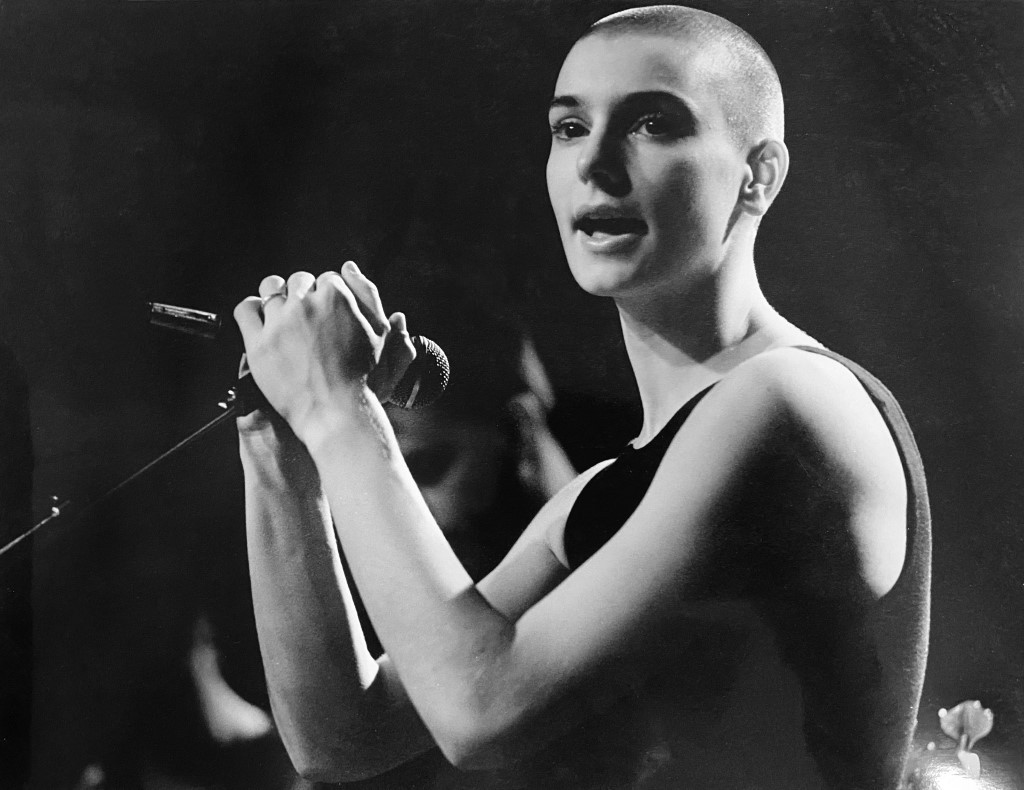Popular Reads
Top Results
Can't find what you're looking for?
View all search resultsPopular Reads
Top Results
Can't find what you're looking for?
View all search resultsSinead O'Connor death at London home 'not suspicious': police
"A 56-year-old woman was pronounced dead at the scene... the death is not being treated as suspicious," the force said in a statement which did not name O'Connor, in line with UK policing protocols.
Change text size
Gift Premium Articles
to Anyone
I
rish singer Sinead O'Connor was pronounced dead Wednesday at a south London residence by police officers responding to reports of "an unresponsive woman", the capital's Metropolitan Police confirmed Thursday.
"A 56-year-old woman was pronounced dead at the scene... the death is not being treated as suspicious," the force said in a statement which did not name O'Connor, in line with UK policing protocols.
"Police were called at 11:18 hrs on Wednesday, 26 July to reports of an unresponsive woman at a residential address in the SE24 area," the Met noted, referring to a postcode several miles south of central London.
"Next of kin have been notified... A file will be prepared for the Coroner," it added.
In English law, inquests are held to examine violent, unnatural or unexplained deaths. They set out to determine the place, time and type of death, but do not apportion blame.
On Thursday, tributes streamed in from political leaders to pop stars for O'Connor, who was remembered for her powerful voice and willingness to court controversy.
The Irish star was pronounced dead Wednesday at a home in London after officers responded to reports of an "unresponsive woman", police said Thursday.
The force said it was not treating the 56-year-old's death as suspicious, but an autopsy has been ordered.
Political leaders and musicians like Bryan Adams and Cat Stevens have been honouring O'Connor, who shot to fame in the 1990s, and is best known for her cover of Prince's "Nothing Compares 2 U".
Ireland's President Michael Higgins said the country had lost "one of our greatest and most gifted composers, songwriters and performers of recent decades".
Prime Minister Leo Varadkar added her music "was loved around the world and her talent was unmatched and beyond compare".
Born in County Dublin, the Grammy-winner made 10 albums in her career, from "I Do Not Want What I Haven't Got" to 2014's "I'm not Bossy, I'm the Boss".
Instantly recognisable with her trademark shaved head, O'Connor courted controversy throughout her decades-spanning career, speaking out frequently against the Catholic Church.
Starting out busking on the streets of the Irish capital and performing in pubs, she recorded her first album "The Lion and the Cobra" -- a punk cult classic released in 1987 -- in London.
The artist said she had been abused by her mother as a child and in 1992 protested the abuse of children by the Catholic Church, tearing up a picture of Pope John Paul II while performing on US television programme "Saturday Night Live".
In recent years O'Connor had melded her outspoken political views with spiritualism and was ordained as a priest amid controversy in 1999.
She later converted to Islam, changing her name to Shuhada' Sadaqat in 2018, though it is unclear whether she maintained interest in the faith.
British pop singer Alison Moyet said O'Connor had a voice that "cracked stone".
"As beautiful as any girl around & never traded on that card. I loved that about her. Iconoclast," she added.











